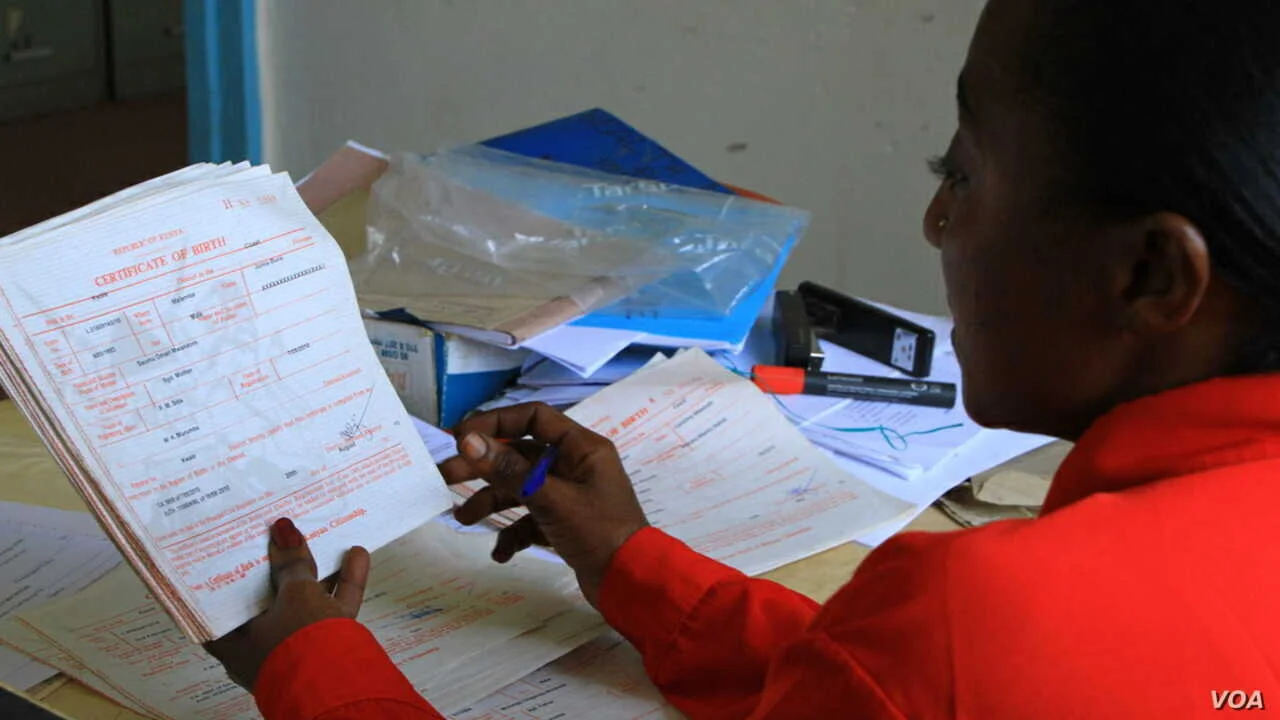Project Background
Global Affairs Canada (GAC) is responsible for defining, shaping and advancing Canada’s interests and values in a complex global environment. GAC manages diplomatic relations, promotes international trade, provides consular assistance and leads international development, humanitarian and peace and security assistance efforts. It also contributes to national security and the development of international law.
The Strategic Coordination and Analysis unit, in the Transnational Threats and Conflicts Bureau, produces tailored analysis and advisory support to inform Canada’s peace and security programming in conflict settings. It also works alongside other parts of the department and diplomatic missions on responses to conflict and security threats and conducts analyses on emerging security challenges.
Definition of Opportunity
Since 2018, Coastal West Africa (CWA) has seen an increase of instability with a spike of violent extremist attacks and widespread intercommunal tensions and conflicts in northern regions along the borders with the Sahel. In order to address the window of opportunity to prevent more instability from emerging and spreading, GAC developed a Conflict Prevention Framework to guide its peace and security approach in southern regions of the Sahel (Mali, Burkina Faso and Niger) and northern regions of CWA (Benin, Côte d’ivoire, Ghana and Togo). The framework is underpinned by an in-depth analysis of conflict drivers and regional trends, intended to inform Canada’s engagement in the region to prevent the spillover of conflict and instability in transborder regions. Of the various conflict drivers examined, the relationship between climate and security needs further research. GAC is interested in understanding how climate change impacts security dynamics in northern regions of CWA. For instance, how are strict conservation and environmentalist policies fuelling community grievances in northern Benin (W—Arly—Pendjari Parks)? How are violent extremist organizations (VEOs) capitalizing on these grievances to recruit disenchanted youth and marginalized communities? How are governments in Coastal West Africa responding to the rising security threats amid rising tensions over access to natural resources?
Definition of Success
We would be delighted to have short and insightful research that allows us to better understand the linkages between climate change and security in Coastal West Africa. Short analytical pieces and mappings will boost our knowledge about this thematic. We want to clearly identify how these thematic fuels conflict drivers and enable the spillover of violence and VEO activity in Benin, Côte d’Ivoire, Ghana and Togo.






